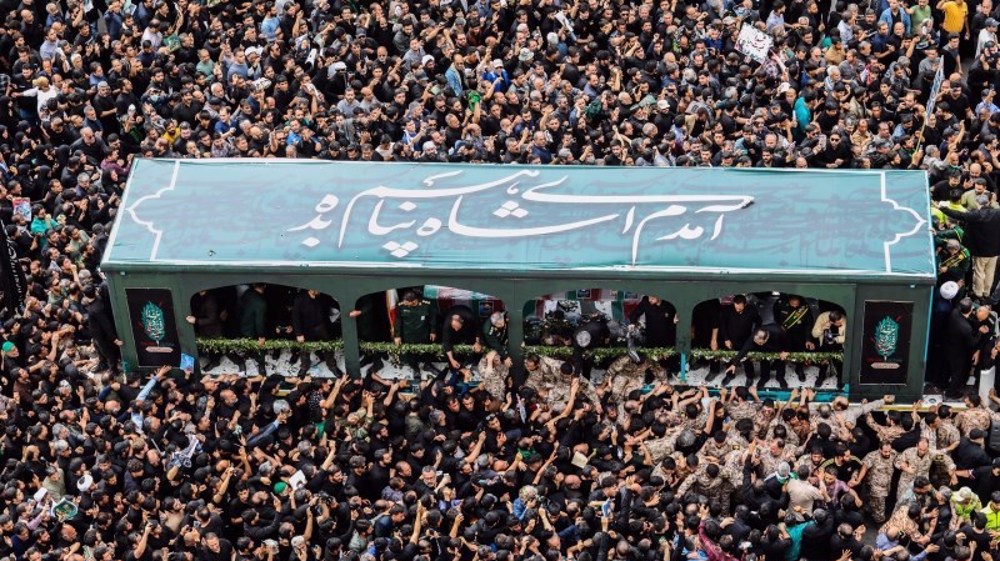Iran will hold its next presidential election on June 28, the Iranian Students News Agency (ISNA) reported on Tuesday. The elections were called following the death of president Ebrahim Raisi in a helicopter crash on May 19.
According to ISNA, Iran’s Guardian Council and the Election Commission have agreed to hold the presidential elections beginning from June 28. Nomination for the candidates would begin on June 10 and results would be announced on July 8.
In Iran’s electoral system, candidates who want to contest elections for the post of president would have to pass the scrutiny of the Guardian Council which may accept or reject any nomination.
As per article 131 of the Iranian Constitution, in case of the death of an incumbent president, fresh elections have to happen within 50 days. This would mean that if a runoff is required because no candidate gets the required absolute majority of votes in the first round of voting on June 28, there would be a run off between the top two candidates before July 8.
President Ebrahim Raisi (63) died in a helicopter crash on Sunday, May 19. Iran’s Foreign Minister Hussein Amir Abdollahian and governor of the East Azerbaijan province Malek Rahmati were also killed in the same accident. The Iranian government, in its initial findings, stated that the helicopter carrying the president and other leaders crashed in the country’s East Azerbaijan province due to the bad weather.
A funeral ceremony for President Raisi and Foreign Minister Abdollahian was held in Tehran on Wednesday in which hundreds of thousands of Iranians participated. Raisi was later buried in his birth place in Iran’s Razavi Khorasan province.
Iran’s Supreme Leader Ayatollah Khamenei was accompanied by leaders from various neighboring and other nations including Iraqi Prime Minister Mohammad Shia al-Sudani, Pakistan’s Prime Minister Shehbaz Sharif, and Foreign Minister of Saudi Arabia Faisal Bin Farhan al-Saud during the ceremony.
Vice president Mohammad Mokhbar will continue to serve as interim president of Iran until the new president is elected.
The anti-imperialist legacy of President Raisi will continue
Raisi was elected president in June 2021 after he defeated his nearest rival Mohsen Rezaei with a significant margin winning over 61% of votes.
Raisi and Abdollahian were considered close to the conservative camp in Iranian politics. However in their foreign and regional policies they pursued an anti-imperialist agenda. They together were considered as architects of Iranian policy of building friendly relations with its neighbors in order to push back the imperialist interventions in the region. Under Raisi’s leadership, Iran ended years of conflict with Saudi Arabia and signed an agreement of reconciliation with it in March last year with Chinese mediation.
The Raisi government was also credited with cementing Iran’s relations with other nations in the Global South. Raisi also consolidated Iran’s relations with Russia and China, cementing its central role in the movement for a multipolar world order.
Khamenei assured that Iran will continue to pursue the policies of regional integration in the future as well. Talking to Qatari Emir Tamim Bin Hamad bin Khalifa al-Thani on Wednesday, Khamenei said that, “despite this loss, the country’s course will not change.” He underlined that, given the imperialist attempts to disrupt the peace, countries in the region “have no other option but to support and show solidarity with each other.”





